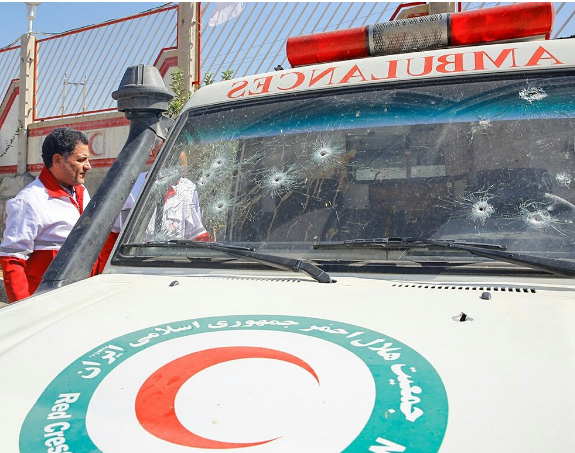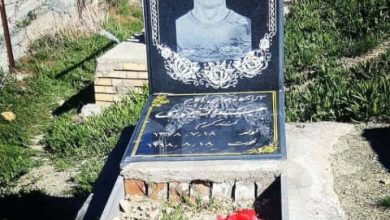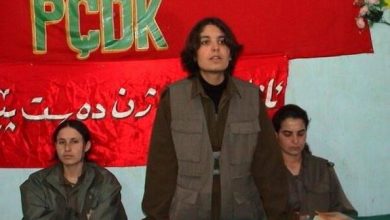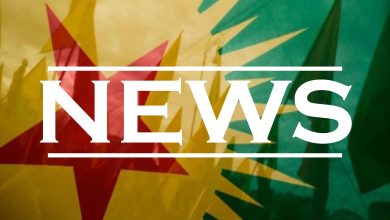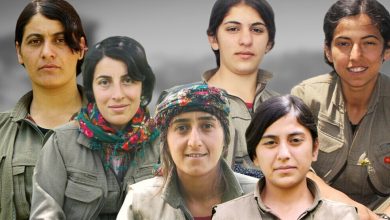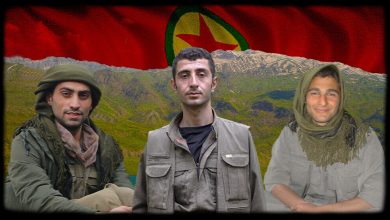An armed and terrorist attack by PJAK group on a rescue ambulance on July 20, 2016 in Kamyaran city led to the death of Kuhsar Fatehi, a Red Crescent relief worker. Kuhsar was passing during his relief turn with standard Red Crescent signs, so attacking the Red Crescent car and targeting the relief workers is, undoubtedly, a terrorist act and a violation of human and humanitarian rights in times of peace and even international animosity. Studying this crime from the perspective of human and humanitarian rights reveals dimensions addressing tasks that could be pursued by the parties to this incident.
The most important aspect of this incident is the vital issue of providing security for the relief and activities of the relief workers. Any prevention in the route or process of aid can be considered as disruption of relief, which is an example of crime in international armed conflict in the armed context and in the Geneva Convention itself. Even if we consider the circumstances of the incident in Kamyaran as outside the situation of armed conflict, the disruption of the relief work still means a violation of the right of access to medical care for the people of the region and is undoubtedly an example of human rights violation.
Therefore, providing the security of the relief workers and the continuation of the uninterrupted relief process is a vital matter that must be given priority to ensure the obvious rights of the people. The fact that the Iranian government has established software and hardware infrastructure in providing relief services does not necessarily mean that this necessary human service has been accomplished by the people! If the security of the relief staff is guaranteed, any withdrawal of the relief staff from service and this due to lack of security will be the fault of the Iranian government.
To clarify the need for feeling security by the relief staff, we need, first, to point out that the 1906 Geneva Convention, contrary to the 1864 Convention, which implicitly stated respect and support for the rescuers and the wounded, the 33-article 1906 Geneva Convention explicitly refer to the terms “respect” and “protection” of rescuers and the wounded in armed conflict.
Accordingly, articles 24 to 27 of the First Geneva Convention, Articles 36 and 37 of the Second Geneva Convention, Article 20 of the Fourth Convention, Articles 15, 62 and 67 of the First Additional Protocol and Article 9 of the Second Additional Protocol declare the rights of relief and medical staff. The articles say these individuals can not waive any of these rights, either voluntarily or by force. Accordingly, in the four Geneva Conventions and its two Additional Protocols, there are general principles on the rights and powers of relief workers, which empower relief workers in humanitarian aid.
One of these principles is to feel security in the relief process by the relief staff.
In this regard, the Geneva Convention emphasizes that international humanitarian law provides protection and respect for health workers in times of armed conflict; This means that these employees should be able to perform their duties freely and not be afraid of being attacked during the activity, and in case of attack, they should be defended.
Now, the issue of defending the relief workers’ rights concerns both sides of the conflict, and specifically regarding the assassination of Kuhsar Fatehi, given the terrorist nature of PJAK and the group’s non-compliance with international law, a more serious part of the incident relates to the Iranian government. As a result, despite the PJAK terrorist attack on a member of the Red Crescent, the Iranian government, as its duty, must defend the lives, health and safety of the relief staff.
So what we expect the Iranian government to do is to provide security for the relief staff against the attacks of this terrorist group with a long history of such atrocities, so the government must try to bring an end to this group.
In fact, there is no hope to see the aggressor namely PJAK to change its behavior and to prevent such incidents from re-happening, we expect the Iranian government to use decisive and executive mechanisms to end the armed group’s threat against the relief staff.
The Iranian government condemns PJAK as a terrorist act and its non-compliance with human rights law, while seeking judicial and legal action against the perpetrators of the crime against Kuhsar Fatehi, but these measures are not enough, there is not even a guarantee deterrence in it. What is the responsibility of the Iranian government to provide the security of the relief staff is to stop terrorist activities on Iranian soil, which can ensure a feeling of security for the establishment of relief in the region. In other words, condemning terrorists is not enough! And the Iranian government must take public actions to stop the PJAK terrorism and support the relief staff.

